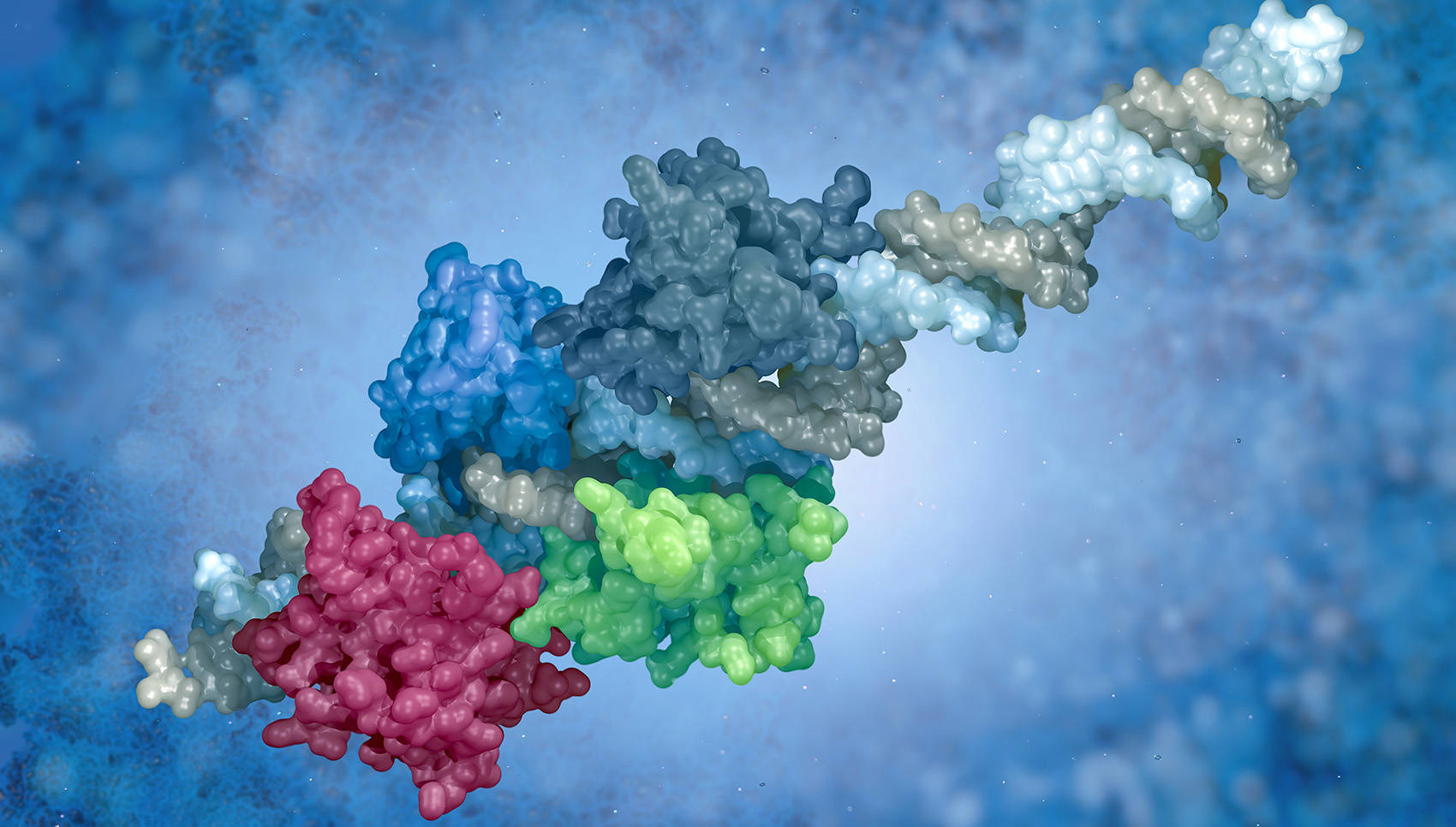
- Home
- Applications
- Protein Post-Translational Modifications in Disease Research

Post-translational modifications (PTMs) are biochemical reactions that occur after protein translation and alter the regulatory physicochemical properties of proteins. PTMs have important effects on both the structure and function of proteins and are important molecular regulatory mechanisms that regulate a variety of cellular processes. Disruption of PTMs can lead to the dysfunction of important biological processes, which can result in a variety of diseases. Thus, the footprints of PTM dysregulation can be seen in many diseases.
Although the functional patterns of PTMs are still being decoded, their dysfunction has been found to be associated with a wide range of diseases. Phosphorylation is a widely studied PTM that has been found to be associated with cancer, Alzheimer's disease and cardiovascular disease. Methylation, acetylation, glycosylation, and S-nitrosylation have been reported to be linked to cardiovascular and neurological disorders. Glycosylation has been found to be deregulated in diabetes. Ubiquitination has been found to play a key role in many rare congenital disorders, such as von Hippel-Lindau syndromes. Glycosylation, S-palmitoylation, ubiquitylation, SUMOylation, and prenylation, have been reported as the PTMs most involved in diseases.
Neurodegenerative diseases are the most predominant group of diseases affected by PTMs, including Huntington's disease, Parkinson's disease, and Alzheimer's disease. Tau, a protein associated with Alzheimer's disease, has been found to be phosphorylated at 40 different sites. More importantly, the different stages of Alzheimer's disease are highly correlated with site-specific phosphorylation.

Cancer is also one of the most affected diseases by PTMs. The biological processes associated with cancer are highly overlapping with those regulated by PTMs, including signal transduction, DNA repair, replication control, and apoptosis. Hematologic malignancies including lymphoma, multiple myeloma, leukemia, and myelodysplastic syndrome (MDS) arise from genetic abnormalities in blood or bone marrow cells. Many signaling pathways regulated by PTMs exhibit aberrant activity in blood cancers, such as JAK/STAT, PI3K/AKT, and BCR signaling pathways. In contrast, some genetic abnormalities associated with hematologic malignancies have also been found to affect protein modifier genes. PTMs are also related to other several cancers, such as pancreatic cancer and prostate cancer. Proteomics analysis of PTMs in these cancers can facilitate the identification of their new biomarkers and the development of new therapeutic targets.
Diabetes mellitus, commonly known as diabetes, is a chronic metabolic disorder that causes high blood sugar. This disease is often associated with a variety of complications. Modified proteins are associated with deregulated glucose metabolism. There are a number of PTMs that play an important role in the management of diabetic disorders, including phosphorylation, nitrosylation, hydroxylation, carbonylation, palmitoylation, SUMOylation, and glycosylation.
PTMs play an important role in regulating the development of the heart. Moreover, they have been reported to play an irreplaceable role in the progression of cardiovascular diseases as well as cardiovascular disease-related syndromes. Phosphorylation, acetylation, methylation, ubiquitination, SUMOylation, succinylation, glutathionylation, tyrosine nitration, O-GlcNAcylation, and propionylation are common modification types of proteins in cardiovascular diseases, involving cardiac hypertrophy, heart failure, hypertension, atherosclerosis, and myocardial reperfusion injury. Among them, PTMs involved in the pathogenesis and progression of cardiac hypertrophy include acetylation, O-GlcNAcylation, SUMOylation, methylation, and glutathionylation. Acetylation, phosphorylation, tyrosine nitration, SUMOylation, and S-glutathionylation take part in the development of atherosclerosis.
Creative Proteomics is a leading custom service provider in PTM proteomics analysis. With a team of experts and state-of-the-art equipment, our PTM proteomics analysis platform helps our clients navigate successful research projects through robust workflows, robust analysis, and tailored services. For more information about our services, please feel free to contact us.
References
Our products and services are for research use only.